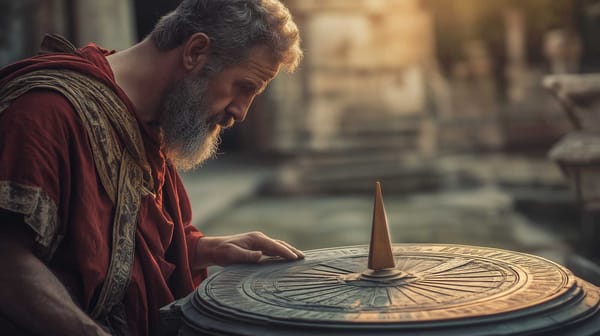
Roman Empire Historical Facts
Marking the Hours: The Roman Way of Measuring Time
The Romans employed various methods to measure time, integrating natural observations with technological innovations.

Roman Empire Historical Facts
The Romans employed various methods to measure time, integrating natural observations with technological innovations.
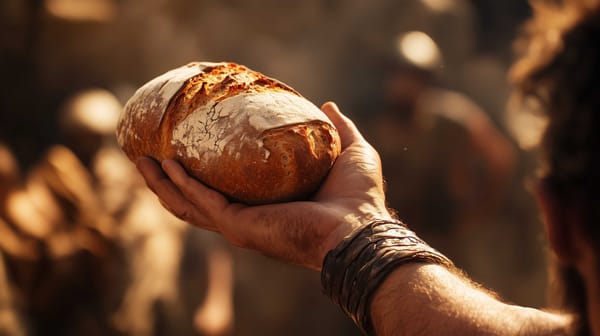
Roman Empire Anecdotes
Bread was an essential part of the Roman diet, especially for the lower classes. It wasn’t just a staple but also reflected social status and culture, varying in type and quality depending on the person’s wealth and occupation.
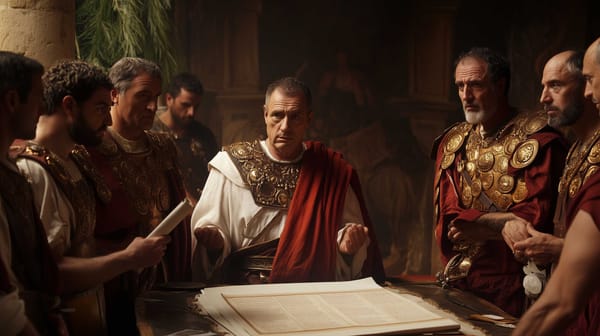
Roman Empire Anecdotes
Sallust, one of Rome’s earliest and most profound historians, offers an intense and critical perspective on the decline of the Roman Republic.
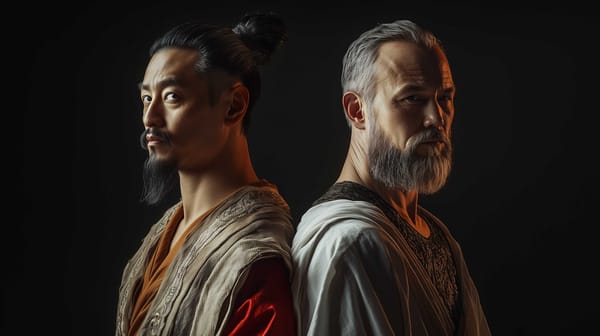
Roman Empire Historical Facts
The Roman Empire left a notable architectural and cultural footprint in the East, where Roman monuments, cities, and even temples still stand as remnants of its reach.
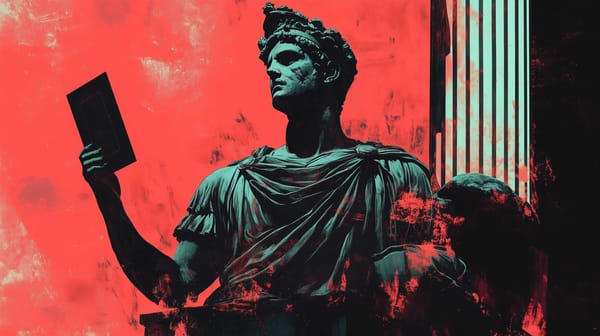
Roman Empire Historical Facts
How were the Republic and the Empire treating freedom of speech? How did the emperors censor perceived threats?
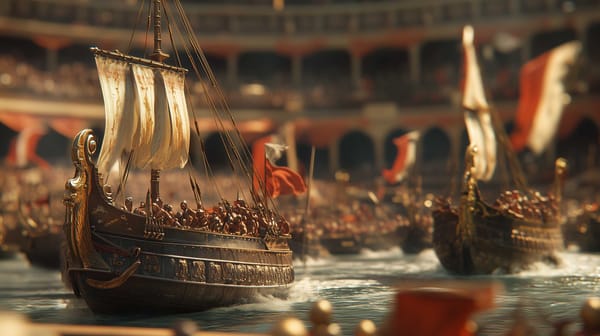
Roman Empire Historical Facts
Were naumachiae actually held in the Colosseum? How did the Romans flood the arena to stage a naval battle?
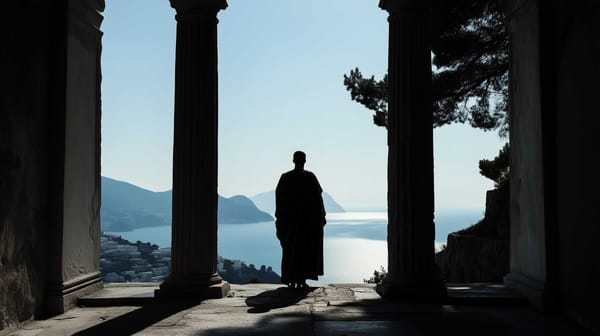
Roman Empire Anecdotes
A luxurious villa in Capri is said to be the place where an emperor spent the last ten years of his reign, involved in sexual activities that would satisfy his disturbed imagination

Roman Empire Historical Facts
Caesarion was born in 47 BCE, and his mother Cleopatra claimed that he was Julius Caesar's son.
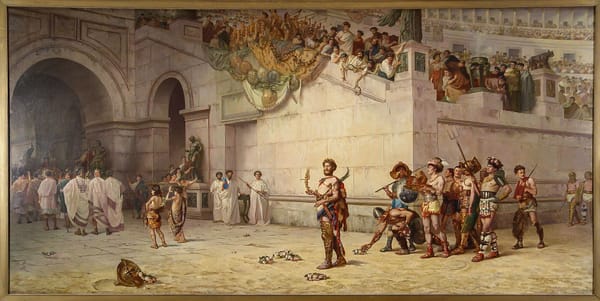
Roman Empire Historical Facts
Commodus was largely seen as capricious, self-indulgent, and more interested in personal pleasures than in governing the empire.

Roman Empire Historical Facts
Marcus Tullius Cicero (106–43 BCE) was widely regarded as one of Rome's greatest public speakers and prose stylists. His contributions span politics, law, philosophy, and literature, making him a key figure in Roman intellectual history.
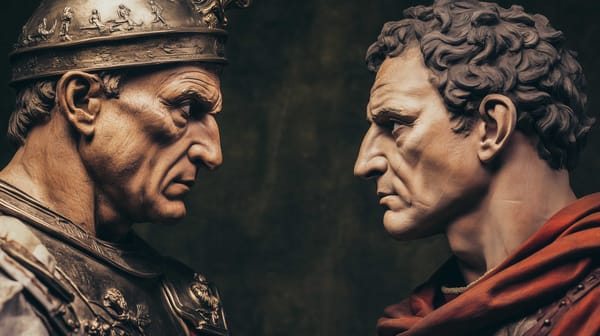
Roman Empire Anecdotes
Pompey the Great, or Gnaeus Pompeius Magnus, was one of the most prominent Roman military and political leaders during the late Roman Republic.
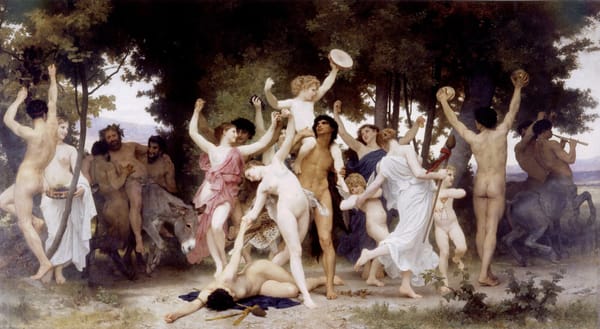
Roman Empire Anecdotes
The Bacchanalia, also known as Bacchanal or Carnival, were Roman festivals honoring Bacchus, inspired by elements of the Greek Dionysia.
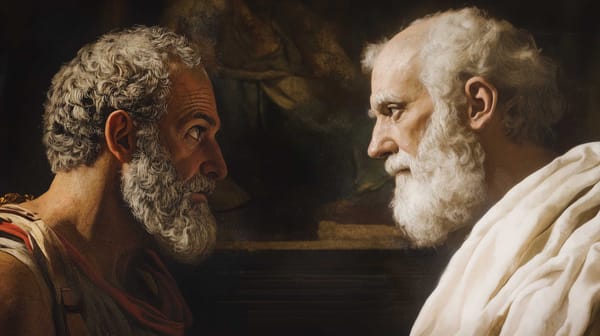
Roman Empire Historical Facts
The relationship between Romans and Greeks was complex, shaped by admiration, imitation, and a degree of tension.
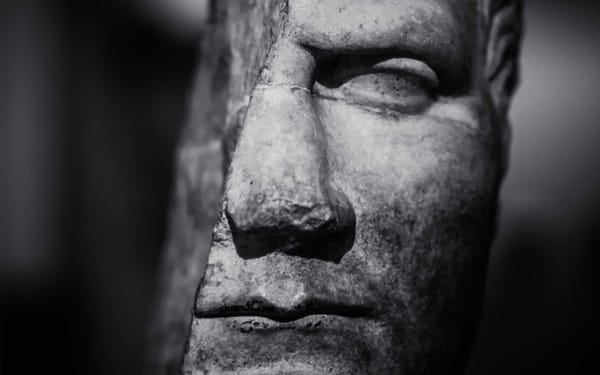
Roman Empire Anecdotes
Julius Caesar knew how to eliminate enemies and how to "read" military intelligence, two of his most important traits.
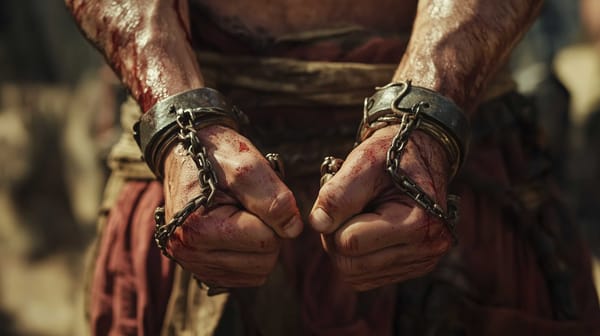
Roman Empire Historical Facts
Slavery in the Roman Empire was a complex institution deeply embedded in the social, economic, and political systems of the ancient world.
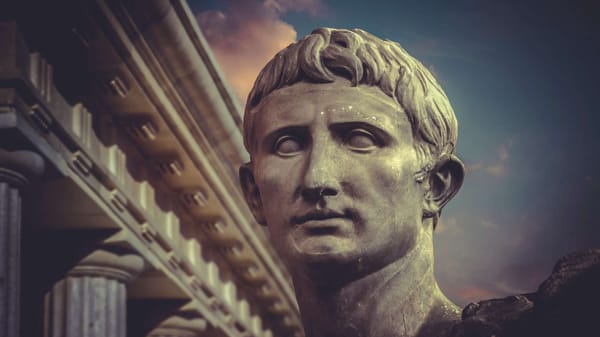
Roman Empire Historical Facts
Augustus, the first emperor of Rome, was the most successful ruler of the Roman Empire.